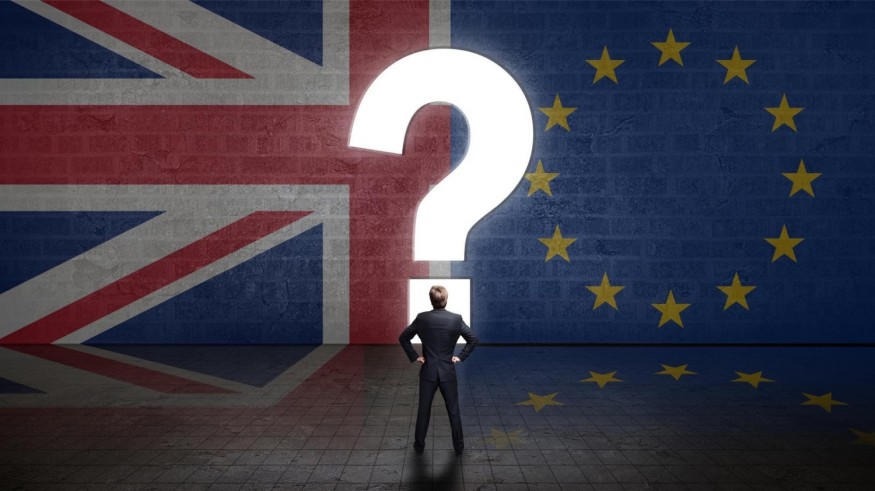
Are you wondering about the pros and cons of Brexit? Brexit is the biggest foreign policy decision of Britain since the decision to invade the Suez Canal in 1956. This ended Britain's role as a World superpower.
It's a complicated decision. It's a question that has hung over British politics ever since Britain first joined in 1972. The pros and cons of Brexit have been rigorously debated but what will it actually mean?
Here's everything you need to know about the pros and cons of leaving the E.U.
Brexit in Name Vs Brexit Reality
Brexit - which stands for British Exit - a term first coined in 2012, is the decision of the U.K to leave the European Union.
However, leaving the European Union can take many forms. The E.U is composed of many different institutions. Many countries belong to these independently, without belonging to the E.U itself.
Officially, Britain left the European Union on 31st January 2020. It is no longer a member and no longer participates in the European Parliament or the European Council.
The words Europen Union have also been removed from British passports. Newly printed passports are now blue, not the crimson red color of other European Union countries.
It's always possible to change the color of the passport whilst a member of the European Union as the decision to harmonize passport colors was never made European law, it was always voluntary.
Transition Agreement
Britain negotiated a transition agreement which is due to end on 31st December 2020. This enables it to maintain many of the key elements of membership while it comes to arrangments with other nations.
The biggest two arrangements that will continue until December 2020 are the Free Movement of People. This is the ability of Britain and citizens of other European nations - to move and work freely in other nations without having to apply for a visa or a visa waiver scheme. This could affect Britain's right to live in Spain after Brexit has been implemented in full.
The second arrangement that the transition agreement keeps in place is free trade. Until the end of 2020, Britain and the European Union will continue to trade without imposing tariffs or taxes on the goods.
This means the price of goods will remain the same and Britain and Europe will maintain the same standard of regulations on their products ensuring food safety remains high.
Visa Waivers For Europe For British Nationals
The transition agreement is due to end on 31st December. It could be extended due to the Corona crisis. After then it is likely that the European Union will ask British nationals wanting to travel to Europe to pay for a visa waiver scheme. This will be similar to that imposed by America.
The scheme is likely to impose a timeline on visits to Europe of up to 90 or 180 days. British people will not automatically be able to find employment in Europe as they may need to apply for a work permit.
It is likely visitors to Europe from Britain will have to apply for the visa waiver in advance before their trip. At the moment British citizens are entitled to book a train or plane to Europe on the same day and travel freely.
Free Trade vs Tariff Deal
How far life in Britain is affected by Britain's exit from the European Union will also depend on whether the British government opts to negotiate a free trade deal or impose tariffs.
If Britain decided to negotiate a tariff-free trade deal with the U.S and President Trump this could lead to the lowering of regulations on British food and goods to meet the demands of the U.S market.
This would put Britain at odds with European regulations. The European Union is a protectionist and requires its members to keep to their regulations and rules or face tariffs.
Tariffs could lead to more expensive goods that are imported from the European Union but cheaper U.S goods.
Many companies produce potato chips, drinks, and other food for sale in the U.S market and other countries with higher levels of sugar and chemicals. U.K supermarkets might well choose to stock these goods rather than those from Europe as they would be cheaper.
However, proponents of Brexit say one of the pros of Brexit is the ability to create tougher, stronger regulations that could go beyond what the European Union currently offers.
Imposing tariffs on Europen goods could also lead to customs checks at the border with France. This could lead to large queues at the Channel Tunnel and at Dover that could delay goods getting into the U.K, it could also create traffic in those areas that would be difficult to deal with.
The Pros and Cons of Brexit? It Depends on What Happens in 2021
Brexit is a tough issue. Everyone has a point of view but the fact is it will be difficult to fully weigh up the pros and cons of Brexit until it has been fully implemented in 2021.
There are many decisions still to be made about how trade will work and whether tariffs will be imposed on goods. What rules and regulations will stay and what others will change is also still up for debate.
Given the current Corona Pandemic, it seems likely that decisions about the future relationship of Britain and the European Union are likely to be delayed or affected.
If you are interested in reading more about the pros and cons of Brexit or why Brexit is good then be sure to check out the rest of our site.
This article is copyrighted by Travelers Today, the travel news leader



